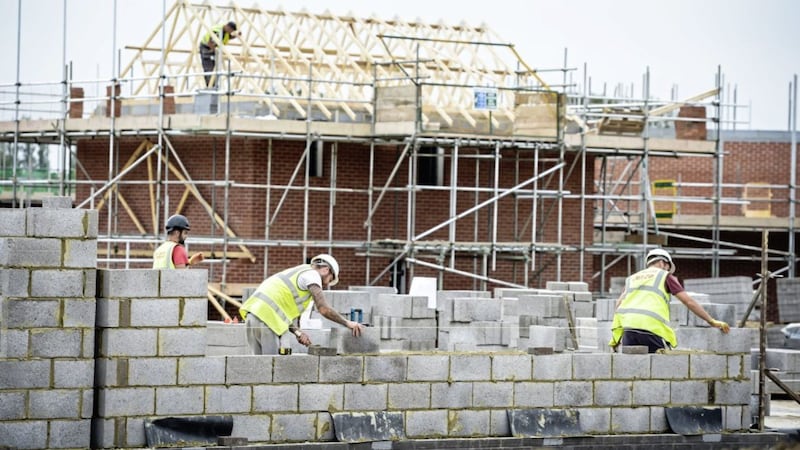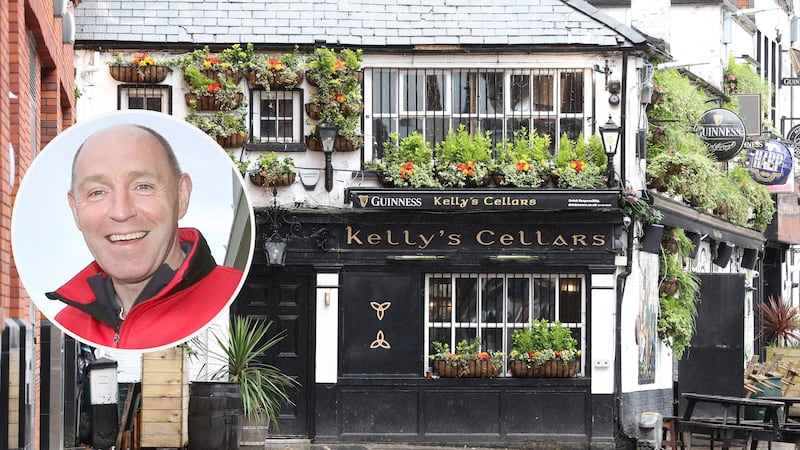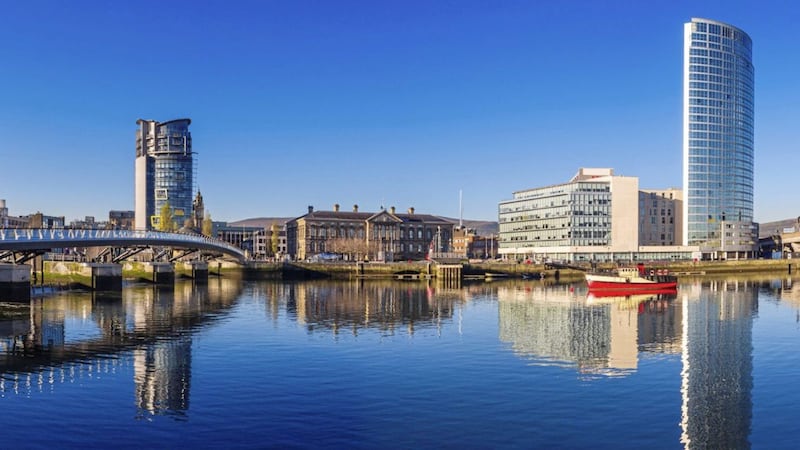WE’RE just past the half-way mark of the year. So, it is customary at this stage to take stock of where we are in terms of the property and construction sectors.
When we started this year, there were two major factors likely to impact on the performance of property and construction during the first six months – the ongoing political drift in Northern Ireland, and Brexit.
Over half a year later, and neither has been resolved. Northern Ireland is now over 920 days without an Executive and Assembly, and the Brexit deadline has been extended to October 31. Unsurprisingly, both of these factors continue to be cited by surveyors as influences on the property and construction markets - presenting challenges and limiting growth.
This is perhaps most marked in the construction industry. According to the RICS Construction Market Survey, the second quarter of 2019 saw further declines in local activity as all subsectors other than private house building saw marked falls in workloads. Indeed, Northern Ireland remains the only region of the UK where overall workloads are reported to be in decline.
Infrastructure, public housing and public-non housing subsectors continue to deteriorate, with respondents to the survey indicating that the lack of a NI Executive and Assembly is hindering the allocation of funding for projects. In addition, Brexit uncertainties are perceived to be affecting investment, with private industrial and private commercial workloads falling.
When it comes to the commercial property market, the overall picture is marginally more positive – for some sectors at least. Unsurprisingly, occupier demand for retail space continues to decline markedly, according to surveyors, as the high street experiences significant ongoing structural challenges. Indeed, demand for retail space has now been falling for six consecutive quarters.
However, the office and industrial property sectors are certainly in a better place. Though they are far from being immune to the political challenges. Occupier demand for office space continues to increase, according to the latest RICS Commercial Property Survey, but at a slower rate in Q2 than in the first quarter of the year. Anecdotally, surveyors point to uncertainty politically as a factor in the lower levels of activity.
Demand for industrial space had intensified during the final quarter of 2018 and the first quarter of 2019, most likely linked to manufacturers requiring additional space to stockpile goods as the original Brexit deadline approached. However, now that the period of concentrated manufacturing stockpiling has passed, demand for industrial space appears to have levelled off somewhat.
The housing market is perhaps harder to get a handle on. Anecdotally, we continue to hear of strong bidding on houses in certain areas and rising prices. However, it is certainly fair to say that there are real variations between regions.
Overall, house prices in Northern Ireland were reported to have risen in June, however there is evidence of more caution in the market. The RICS indicators for new buyer enquiries and newly agree sales are currently flat, which is consistent with activity in the market flat-lining. Meanwhile, the data suggests that fewer properties are now coming onto the market as well.
Despite the clear indications that the property and construction sectors are feeling the effects of Brexit and the local political situation, what will give some cause for reassurance is the longer-term optimism of Northern Ireland surveyors.
When it comes to the housing market, the 12-month outlook remains relatively optimistic, with surveyors expecting sales activity and prices to be higher in a year’s time. In the construction market, the 12-month forecast in terms of employment and workloads has risen since the previous quarter, albeit with the latter being low in comparison to the wider UK.
The retail sector aside, surveyors are relatively upbeat in the commercial property market regarding this time next year too.
This gives us reason to believe that with a return to power-sharing government in Northern Ireland – which we would urge as soon as possible - and a smooth Brexit outcome, the property and construction sectors could be relatively well placed when we come to do our half-year review this time in 2020.
:: Susan Mason is head of RICS in Northern Ireland, which represents over 3,000 cross-sectoral members comprising of chartered and associate surveyors, trainees and students.
By Susan Mason, Head of RICS in Northern Ireland








